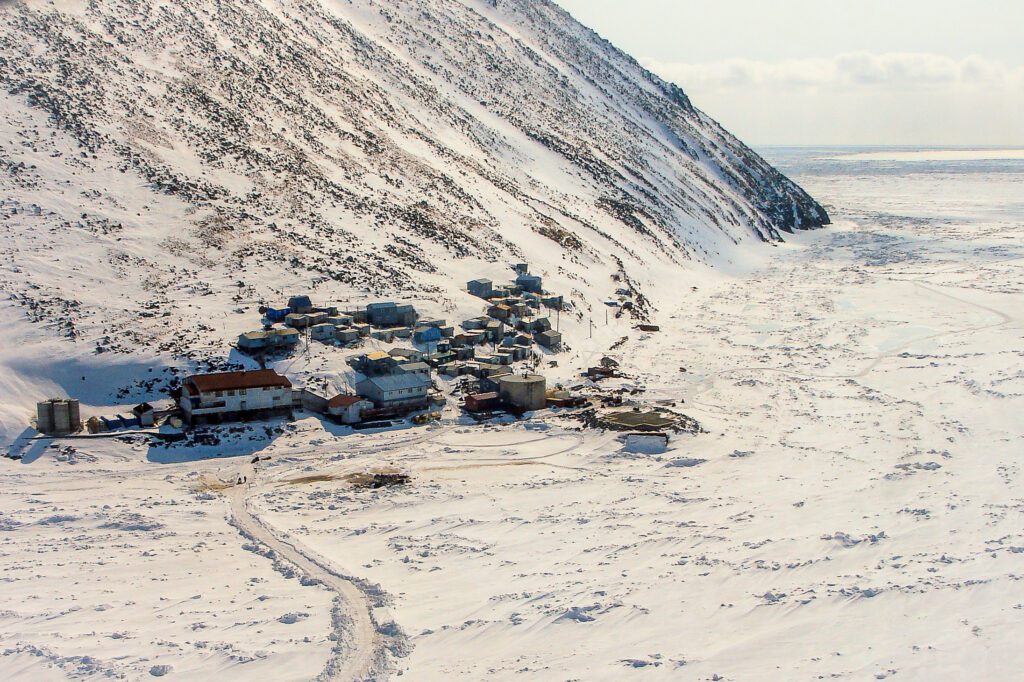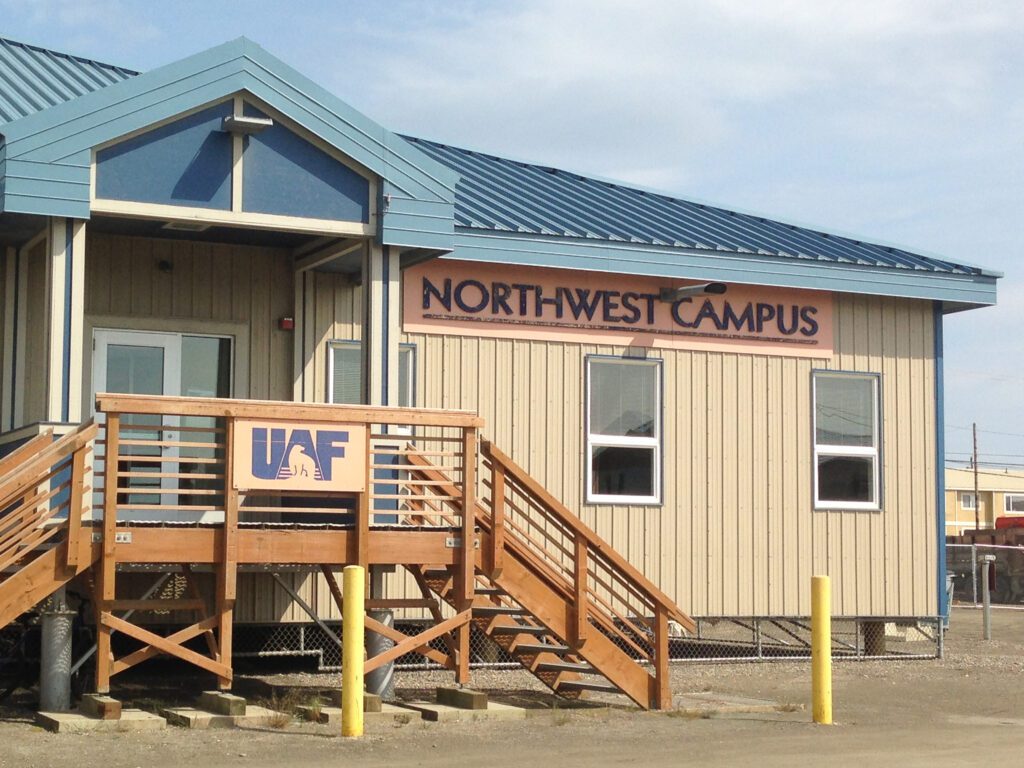Since October 2011, the city-owned Kotzebue Package Store has been selling alcohol. Come October 4th, local voters will decide the fate of the store, when they’re asked if the city should ban in-city alcohol sales all over again.
Hans Nelson, resident of Kotzebue since 2009, says he led the alcohol ban solo from initial petition through signature collection and onto the ballot. “I was a lone soldier on the venture,” says Nelson; “there were folks that wanted to volunteer and participate, but it was an opportunity for me to not only hear those who were concerned, but also be able to tell the story.”
Hans started the petition in July and, by mid-August, had secured the 193 voter signatures needed to put the issue on the ballot. He says it’s a moral issue: “that alcohol in itself has affected many of our homes, in particular to our elders, and it also has affected many of our youth.”
He says the petition appeals to business arguments as well; citing concerning language on the 2015 audit of the Package Store’s revenue. Hans specifically quotes one passage in particular:
“We were unable to perform audit procedures over the package store inventory, and we issue a disclaimer of opinion on the package store major fund. There are no formal procedures for performing a physical inventory count, and no policies and procedures for reconciling a general ledger to the year and inventory listing. Formal policies appear to be in place, but those policies were not followed at year end.”
Kotzebue City Attorney Joe Evans says that the language surrounding the audit isn’t a sign of business mismanagement at all. He adds that is what audits are for in the first place — namely, to identify better business practices — and that this year’s audit has eliminated last year’s problems.
The Package Store was in the black by October 2011. Those profits have bought loaders, a snow blower, a garbage truck, and police vehicles amongst other community improvements and loan payments. Setting its sights toward larger goals, the city borrowed $3.5 million from Wells Fargo Bank and used $2.2 million of that to construct a youth center and approximately $1.3 million to finish the Swan Lake small boat harbor.
As of now, one million of that $3.5 million dollars has been paid off. Current Package Store profits go exclusively towards repaying that debt, in addition to expanding the parks department and providing recreational opportunities for children and elders.
If the city loses alcohol sales, they will lose an important portion of enterprise revenue. Without alcohol profits, Evans doesn’t know where the city will make up the lost funds. He is quick to point out that “municipal government does not operate at a profit, so Public Works, Police, Fire, Parks and Rec, none of them generate revenue.” He adds that, “the only enterprise activity the city operates that generates net revenue is the Package Store.”
Without booze revenue, there is no source of money readily available as a substitute. Kotzebue would have to pull funds from sources like taxes or fees. If the city is unable to make the payments, they will default on the loan.
Petitioner Hans Nelson thinks the city would be fine rearranging funds from other places to pay off any loan debt but adds that “[Kotzebue] should never bank on alcohol and the sale of it.”
This vote could be the second time that Kotzebue votes to curtail access to alcohol. Before 2011, Kotzebue had been a damp community for 20 years.
An earlier version of this story stated that Kotzebue had been a dry community, rather than a damp one, for 20 years prior to 2011; the wording has been corrected.







